Welcome, digital navigators! Dive headfirst into the article “People Also Search For: The Secret to Better SEO.” ? Uncover how Google’s PASF (People Also Search For) feature impacts the SEO landscape. Let’s unlock this portal without distractions, with precision and creativity. Prepare to understand:
- How the keyword strategy intertwines with PASF
- The essential tie between search intent and People Also Search For
- The role Google plays in interpreting the user’s needs
As experts, we’ll explore PASF and its influence on SEO through real-life examples from the tech and fashion niches. This intricate dance of user search behaviour, Google’s PASF, and carefully chosen keywords can influence your digital performance significantly. ?
Don’t stay in the shadows. Actively tap into the potential of People Also Search For with our masterful guide. And remember, the Plerdy tool is an indispensable ally for CRO & UX, empowering you to fine-tune your strategy with analytics and feedback. Stride confidently into the SEO labyrinth, where success awaits at each turn! ?
No fluff, just valuable insights. Remember, the voyage towards better SEO doesn’t require a road map, just the right tools and understanding. Let’s embark on this transformative journey together!
What are People Also Search In Google SERPs?
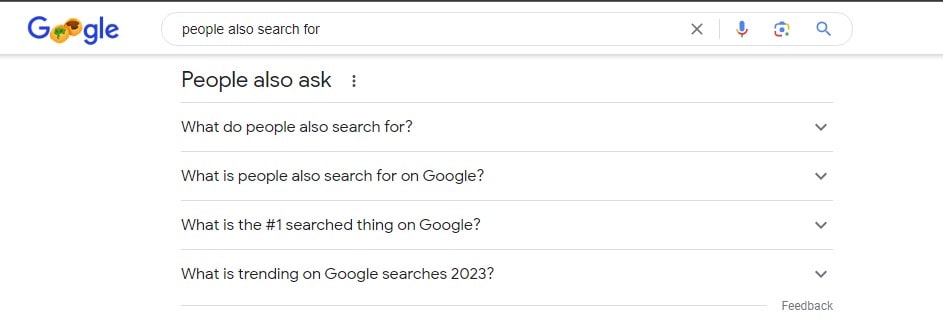
Greet the magic of People Also Search For (PASF) in Google SERPs! This gem is a treasure chest of interconnected data– a reflection of what users seek after their initial query. By zeroing in on this feature, we elevate our understanding of user behavior, empowering us to craft top-notch content for SEO.
Let’s start by decoding Google SERPs and their functionality. Google generates search results from user input. Alongside these results, PASF appears– an array of related keywords and phrases that users explored after their primary search. Herein lies the value: an insight into users’ minds that can inform SEO strategy.
Delving into the fitness niche as an example: a search for “yoga mats” might return PASF results like “eco-friendly yoga mats”, “yoga mats with designs”, or “yoga mat cleaners”. Such information helps businesses shape their SEO strategies, tailoring their content to meet these additional search queries.
Within People Also Search For, three critical components weave together:
- Keywords – These form the basis of the search, the user’s initial request.
- People – Their search behavior forms the fabric of PASF, shedding light on additional user needs.
- Google – The master puppeteer presenting the People Also Search For results based on its complex algorithm.
People Also Search For, a fluid mosaic of related keywords, goes beyond serving the end-user. For businesses, it offers a roadmap to align their SEO strategy with users’ evolving needs. By incorporating these additional keywords into content, you step in sync with your audience, enhancing user engagement and potentially boosting rankings.
So, seize the opportunity! Meld your SEO efforts with the dynamic rhythms of PASF in Google SERPs, anchoring your strategies in the rich data reflecting users’ search journeys. Rankings aren’t important; audience resonance is. Immerse yourself in this boundless ocean of interconnected data and sail towards success.
Why Is “People Also Search For” (PASF) Important?
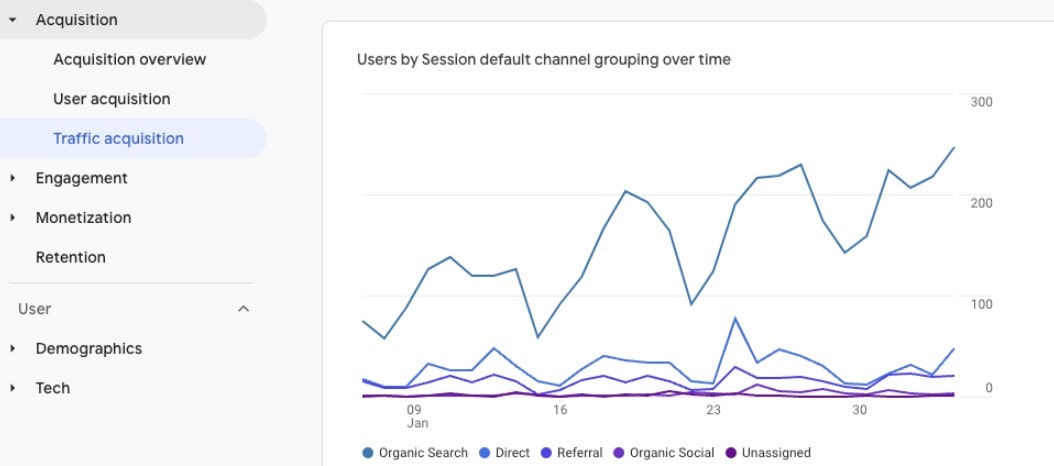
Due to the statistics, at least 5-10% of users use the widget’s information to get the most relevant result. And among those who interact with PASF, 40% click on the link to do detailed research on a website. As we see, taking place on the list is efficient because it allows increasing:
- Relevance. Semrush research shows that Google uses the text content from the most relevant pages for PASF, refining the initial user’s query. So, the optimization makes Google perceive your page’s information as the most actual.
- Targeted traffic. If the primary SERP does not suit the request, “people also search for” allows users to get what they need detailing their inquiry with several options. It helps well-optimized websites attract more profitable clients.
- Conversion rate. The customers who get the relevant search results usually visit the website to make an action (hire services, purchase products, read the blog article, etc.). As a result, the amount of profitable interactions increases.
- Online presence. The “people also search for” tip can appear at different places of SERP, and it’s usually among the first three search results that give better online visibility.
- Keyword research. Improved visibility and relevant content production are the results of using PASF in keyword research to learn about user intent, locate long-tail keywords, optimize content, generate ideas, analyze competitors, and strengthen SEO strategy.
The users interact with the feature more with mobile devices (51%) than the desktop browser (49%). Such facts confirm the function’s importance in modern promotional techniques.
How to Use People Also Search For (PASF)?
A complex approach is required to make the website entirely prepared for Google’s PASF filtering. SEO experts suggest using the following step-by-step process:
- Research the top-ranked pages for different keywords. It may help to use the specific online tools to determine the actual requests and see what pages are primarily provided by Google.
- Analyze the People Also Search For widgets. Create an Excel table with the maximum of “people also search for” requests.
- Choose the keywords with the highest search frequency. Then, understand what customers usually type in the Google search bar and define the most relevant words.
- Make sure the website is not in PASF. It’s only made to avoid spoiling the website position by unnecessary changes if it’s provided in the widget.
- Understand if the website can appear in the widget. If it’s not in the SERP top 10, the chance to appear in “People Also Ask” is low.
- Optimize your web page. Implement all the information you gathered during the investigation to make the web page suit the frequent “people also search for” statements.
The content should be improved considering the new positions represented in the widget to make the web pages relevant for a long time.
People Also Search For (PASF) vs People Also Ask (PAA)
In the riveting dance of SEO, two standout performers are People Also Search For (PASF) and People Also Ask (PAA), crucial elements of Google SERPs. Understanding these features provides a valuable lens to study user search behavior, inform content creation, and refine SEO strategies.
Picture this – People Also Search For functions like a dynamic web, providing a cluster of related keywords users explored after their original query. For instance, if a user enters “vegan protein sources”, PASF might offer “plant-based protein powder” or “tofu recipes”. This data offers SEO specialists a glimpse into the tangential paths users tread, allowing them to weave these keywords into their content.
Conversely, PAA operates like an interactive FAQ, presenting users with a list of questions related to their initial search. For the same search query above, PAA could show “What are the highest vegan protein sources?” or “Is soy protein good for vegans?”.
So how do these aspects differ?
- PASF operates post-search, reflecting subsequent searches by people after their initial query.
- PAA appears alongside the search results, offering a Q&A format to assist users.
These features play distinct roles in SEO, but both enhance user experience and provide valuable data for SEO strategies. PASF captures evolving user interests while PAA caters to inquisitive minds, both of which can inform keyword planning and content creation.
Master the interplay of PASF and PAA in your SEO strategy. Both represent different facets of the user’s search journey, offering insights and opportunities to engage with your audience effectively. Remember that your goal is to connect with and serve your audience, not just rank higher. Embrace these two titans of Google SERPs, and carve your path to SEO success.
People also search for in Mobile SERPs

Dive into the mobile universe with People Also Search For (PASF) in mobile SERPs. With the rapid shift towards mobile browsing, understanding PASF in the context of mobile SERPs becomes crucial. It’s not just about adjusting to smaller screens; it’s about tapping into mobile-centric search behavior to enhance SEO strategy.
On mobile SERPs, People Also Search For adopts a slightly different form. It typically presents a scrollable row of related search suggestions. Suppose a user enters “organic skincare” on their smartphone. People Also Search For might offer up “cruelty-free skincare brands”, “organic sunscreens”, or “natural face masks”, all in a horizontal carousel for easy navigation.
PASF in mobile SERPs is characterized by three distinctive features:
- Bite-sized insights: The suggestions are concise and easy to grasp, perfect for mobile browsing.
- Effortless navigation: The scrollable carousel design offers a user-friendly experience.
- Streamlined options: Fewer but highly relevant suggestions make for quick decision-making.
While the format changes, the essence of PASF remains: it offers a window into subsequent searches by users after their initial query. As an SEO specialist, understanding and leveraging these insights from mobile SERPs is invaluable. This helps in tailoring SEO strategies to the mobile user, focusing on succinct, relevant keywords and high-quality, mobile-friendly content.
In the era of mobile dominance, don’t just shrink your strategy. Embrace the specificities of mobile browsing and PASF to build a robust, mobile-first SEO strategy. After all, it’s about understanding your audience, no matter where they’re searching from.
Best 5 Tools Help You Find What People Search For?
Keyword research is better provided with the automatic tools that represent various indicators for the keywords (volume, CPC, position, etc.). Here, you can find the list of the most efficient online instruments for getting the data for SEO optimization.
BuzzSumo
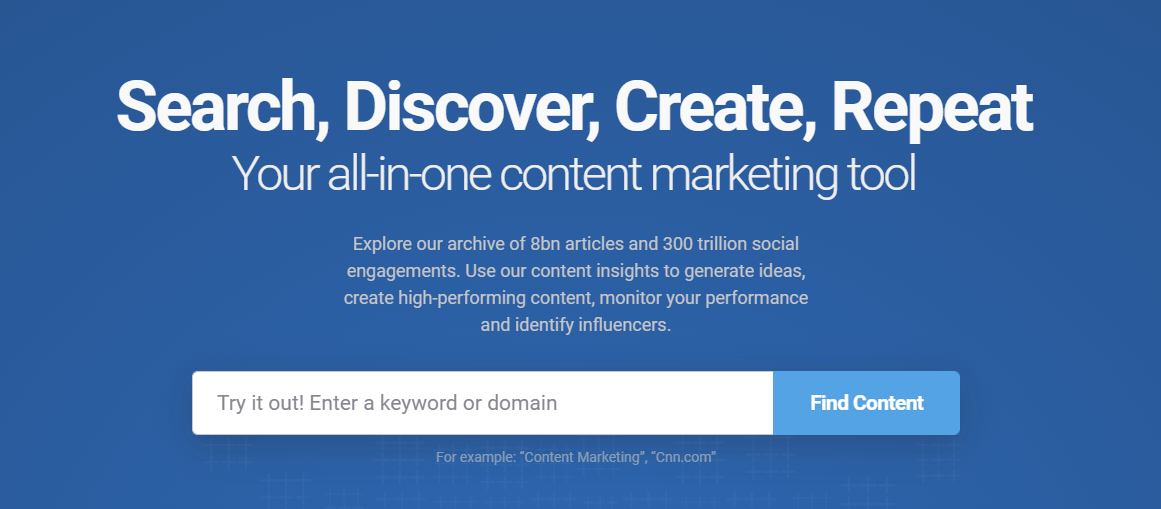
The tool is famous for its time-dependent content discovery feature that provides the following data:
- Trending ideas (from 1 day to 5 years).
- SEO insights (most relevant content, keywords, subheadings, etc.).
- Distribution tips (where to share the content for client engagement).
The Chrome extension also helps save time on durable content research and choose the best keywords for the “people also search for” feature.
Answer the Public

The tool’s AI uses an enormous database for predicting what users ask most frequently. Then, its keyword ideas help customers get the latest information about the search requests in the specific marketing niche.
Ubersuggest
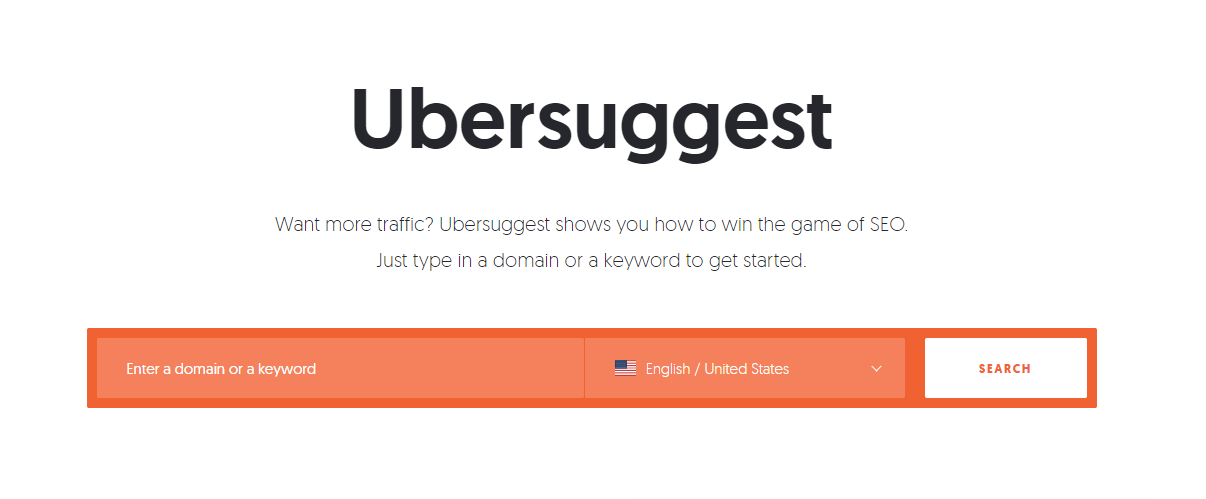
The tool was developed by Neil Patel and is characterized with:
- Domain overview (organic and paid keywords, paid ad cost).
- Top SEO pages.
- Content ideas.
- Backlink data.
Each client is consulted about the instrument’s use depending on the specific company’s “people also search for” optimization requirements.
Ahrefs
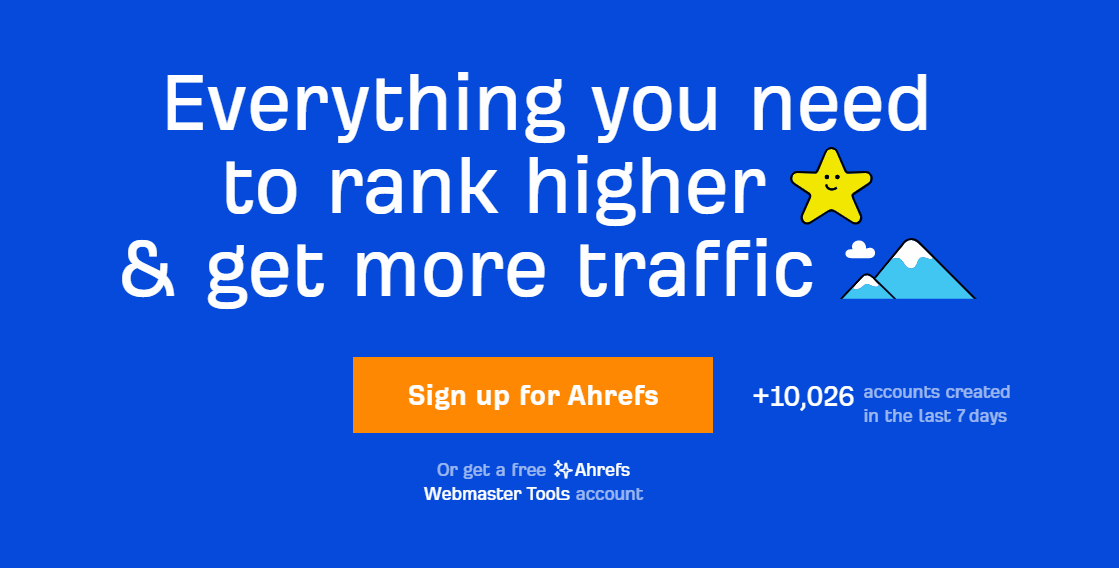
It’s one of the most famous toolsets for complex SEO, including URL, link, content explorers, link trackers, etc. It helps determine what keywords customers search for and get detailed information about the online performance (crawled URLs, issues, referring domains).
Term Explorer
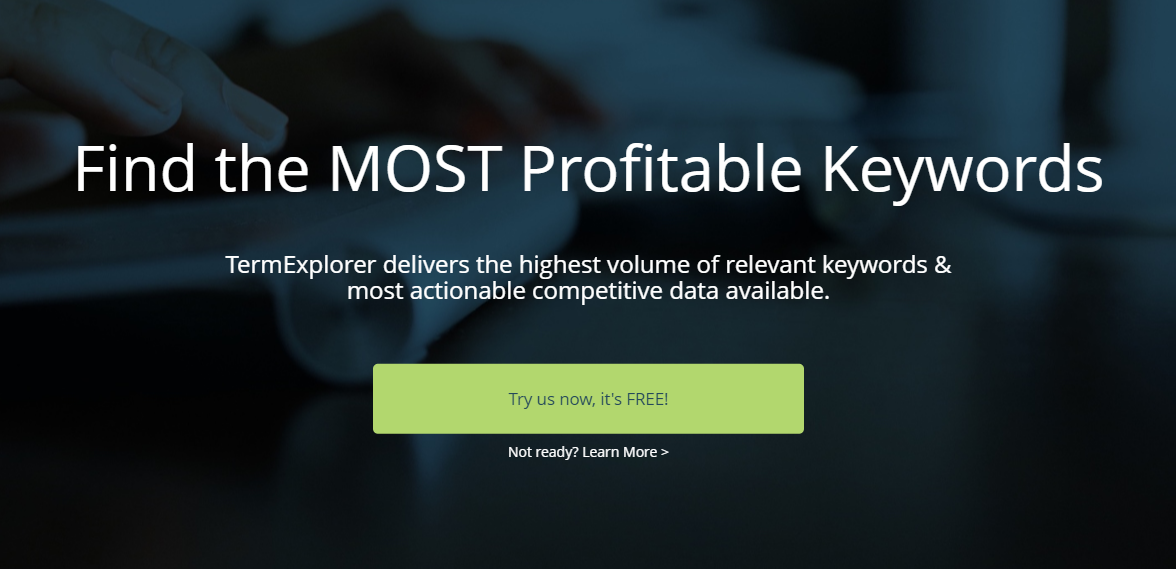
The tool is efficient in modern SEO because it provides:
- Competitive data.
- Complete report history.
- Trust and relevance scores.
The detailed analysis helps get enough data to understand what people search for.
To Sum Up
Unraveling the dynamics of People Also Search For (PASF) unveils a valuable SEO strategy tool. Grasping its unique function and optimal utilization empowers your content to echo the public pulse – sync your keywords, sculpt your content, and mark the targets.
People Also Search For, a treasure trove of data, dispenses key insights. It is as if Google hands over a golden compass – guiding us through the labyrinth of user intent, audience preference, and keyword optimization. From mobile SERPs to desktop searches, its pervasive influence resounds.
Exploiting the bountiful People Also Search For data, we’ve dissected its functionalities – dissected the manifold ways it shapes SERPs, molds user experience, and steers your SEO approach. With this potent tool at your fingertips, maneuvering through SEO becomes a joyride.
Optimizing SEO is a craft, and People Also Search For provides the fine-tuned instruments. Striking gold in the vast mine of SERPs requires precision, intuition, and a robust toolset. ?️⚡
Dare to optimize? Harness the power of PASF and bolster your SEO strategy. Try Plerdy today, a tool armed with SEO & UX analysis packages, perfect for honing your SEO artistry. Breathe life into your content, connect with your audience, and watch your site’s performance skyrocket.
Let’s navigate the future of SEO together. Embark on your Plerdy journey now. ⚡?
